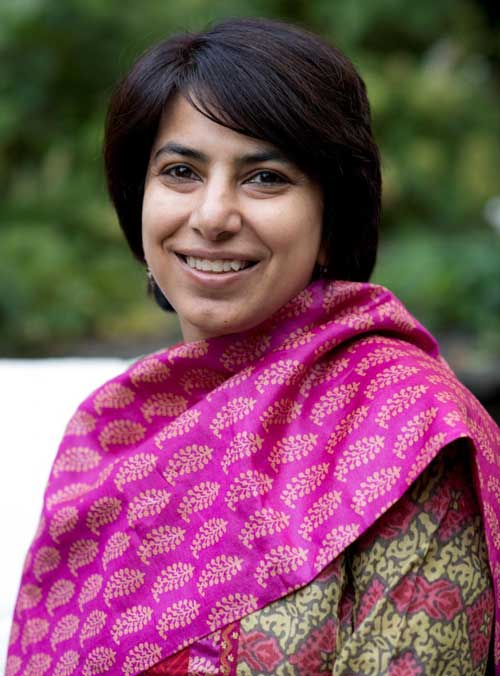Through the eyes of a board member

By Renuka Motihar
I had heard about the organization Feminist Approach to Technology (FAT) over the years and had been intrigued by its mission of increasing women’s access to technology. I had heard of the workshops they had conducted for women’s organizations introducing them to technology, developing websites and using computers. I found it fascinating. And then in late 2013, I was privileged to be invited to join FAT as a board member. This exciting new role allowed me to understand and see the work of FAT more closely.

Founded by the dynamic and passionate engineer Gayatri Buragohain, one could not help but be swept along by her vision. Her dream of making technology accessible for girls and women especially from disadvantaged backgrounds, giving them the opportunities of “using” and “making” technology was inspiring. She has been one of the pioneers who started speaking about making technology equitable and available for women. FAT talks of a feminist approach to technology that is an outlook and questions the existing structures of technology, seeking to incorporate women as equal partners. It critiques the design, use and impact of technology. Equal participation of women in technology and decision-making helps ensure that widely used technologies do not affect women adversely.
FAT’s work has evolved in the last six years and is currently focused on the following: a School Intervention Program; Tech Centre Program; Research, Documentation, Communication and Advocacy. A new pilot project—Tech Center 2.0—started recently is the Jugaad Lab for young girls, aimed to explore and experiment with science and technology and innovation. The small young team at FAT has energy, creativity and are from different backgrounds. They bring passion and commitment to the work they do.
Interacting with the girls and young women in the Tech centre is inspirational. Situated in South Delhi, the Tech Centre has girls attending from nearby urban poor settlements. They are a mix of school and non-school going girls. Despite the hardships, they come to the centre regularly, a safe space for them to learn computers, meet their friends, learn about health and their bodies, think, dream and be themselves. They have developed new interests like theatre, photography, wildlife that they earlier didn’t even know existed.
A year ago, the girls developed a film “Apna Haq” on the issue of lack of safe access to toilets in their communities. This is a reality faced in their lives. Their creative film has been shown in their communities and has brought about some changes – cleaner, safer and better lit toilets. They are currently in the process of making a film on early marriage which is a plight faced by many of the girls who come to the Tech Centre.
Interacting with the other board members at FAT has been a pleasure. They include seven amazing women and one man – a mix of scientists, film makers, social scientists, technology and finance experts. Our board meetings are not just serious business, discussions to help guide and steer the organization but also filled with camaraderie. Our collective dream is tobreak societal stereotypes and attitudes, encouraging and enabling girls and women to feel comfortable in working with technology. Eventually, empowering girls and women to bridge the digital gender divide.
Renuka Motihar is an independent social development consultant based in New Delhi, India. She is on the Governing Board of FAT.
- Log in to post comments


